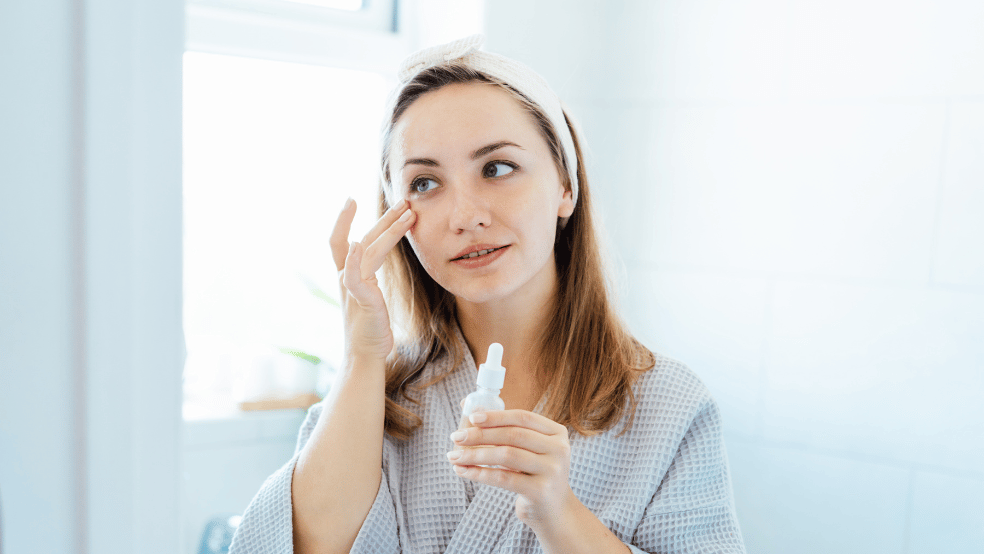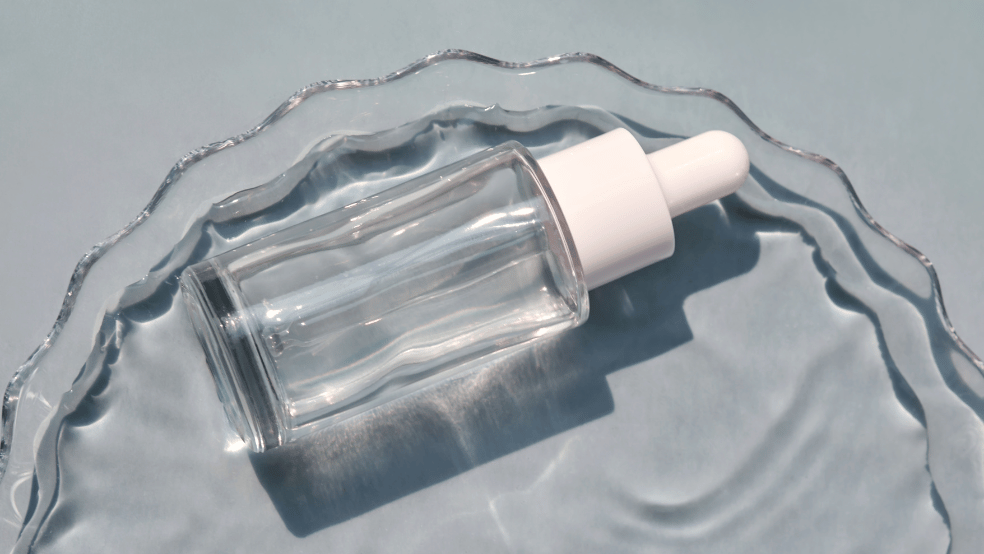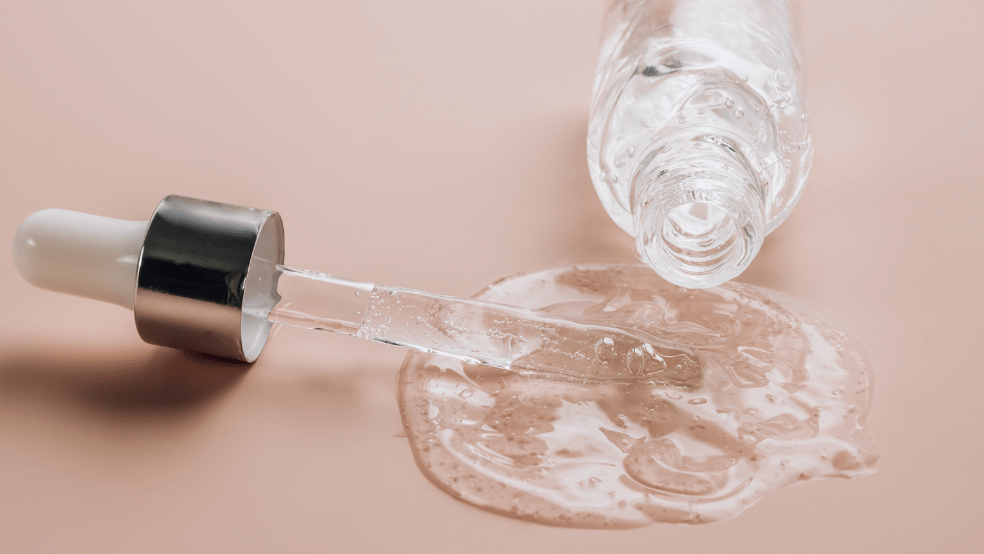Hyaluronic acid (HA) is widely recognized for its exceptional hydrating properties and is commonly used in skincare products. However, there is ongoing discussion about whether it is beneficial for acne-prone skin or if it could contribute to breakouts. Below, we explore the effects of hyaluronic acid on acne, potential side effects, and how to use it effectively.
Does Hyaluronic Acid Cause Acne?
Hyaluronic acid itself does not cause acne. It is a humectant, meaning it attracts water and helps to retain moisture in the skin. Because it is non-comedogenic, it does not clog pores or contribute to breakouts. However, certain formulations containing HA may include other ingredients that could potentially irritate the skin or trigger acne. These include:
- Heavy or comedogenic oils – Some HA serums or moisturizers contain oils that may clog pores, particularly for individuals with acne-prone skin.
- Fragrances and alcohols – Some formulations include added fragrance or drying alcohols, which can cause irritation and inflammation.
- Silicones – While silicones help create a smooth texture, they can trap dirt and bacteria if the skin is not properly cleansed, potentially leading to breakouts.
If breakouts occur after using an HA product, it is important to examine the full ingredient list to determine if another component might be responsible.
Does Hyaluronic Acid Clog Pores?
No, hyaluronic acid does not clog pores because it is non-comedogenic, meaning it won’t contribute to the buildup of oil and debris inside pores. It is a lightweight, water-attracting molecule that absorbs moisture rather than adding excess oils to the skin.
Can Too Much Hyaluronic Acid Cause Breakouts?
While hyaluronic acid does not directly cause acne, using it incorrectly or excessively may lead to skin dehydration, which can indirectly contribute to breakouts.

How Does This Happen?
Hyaluronic acid pulls moisture from its environment into the skin. However, if applied in a low-humidity environment (such as in dry weather or indoor air-conditioned spaces), there may be insufficient moisture in the air for HA to draw from. As a result, HA can pull moisture from the deeper layers of the skin instead, leading to trans-epidermal water loss (TEWL) and dehydration.
When the skin becomes dehydrated, it may overcompensate by producing excess sebum (oil), which can increase the likelihood of clogged pores and breakouts.
How to Prevent This?
To avoid this issue, hyaluronic acid should always be:
✔ Applied to damp skin – This allows HA to bind to the moisture already present.
✔ Sealed in with a moisturizer – A moisturizer prevents water loss and helps maintain hydration levels.
✔ Used in moderation – Overuse of HA products, particularly in harsh environmental conditions, can disrupt the skin’s natural balance.
Does Hyaluronic Acid Cause Purging?
No, hyaluronic acid does not cause purging. Purging occurs when ingredients that increase cell turnover (such as retinoids, alpha hydroxy acids (AHAs), and beta hydroxy acids (BHAs)) bring underlying clogged pores to the surface at an accelerated rate.
Hyaluronic acid does not have exfoliating properties and does not speed up skin cell turnover. If new breakouts appear after using an HA product, it is likely due to:
- An allergic reaction or skin sensitivity to another ingredient in the formulation.
- A comedogenic ingredient in the HA product that may be clogging pores.
- Incorrect application (e.g., applying HA without sealing it in with a moisturizer).
If breakouts persist, discontinuing the product and analyzing the ingredient list can help determine the cause.
Does Hyaluronic Acid Help with Acne?
While hyaluronic acid is not an acne treatment in itself, it can provide significant benefits for individuals with acne-prone skin by promoting hydration and skin barrier health. Acne treatments often include drying ingredients such as benzoyl peroxide, salicylic acid, and retinoids, which can lead to irritation, redness, and peeling. HA helps to counteract these side effects by maintaining the skin’s moisture balance.
Benefits of Hyaluronic Acid for Acne-Prone Skin
- Hydrates without clogging pores – HA is lightweight and non-greasy, making it suitable for oily and acne-prone skin.
- Reduces redness and irritation – HA helps soothe inflammation caused by acne treatments.
- Strengthens the skin barrier – A healthy barrier helps prevent further breakouts and irritation.
- Aids in post-acne healing – Hydrated skin heals more efficiently, reducing the appearance of post-inflammatory hyperpigmentation (PIH) and acne scars.

Does Hyaluronic Acid Help with Blackheads?
Hyaluronic acid does not directly remove blackheads, as it does not exfoliate the skin or regulate sebum production. Blackheads form when oil, dead skin cells, and debris get trapped in pores and oxidize, turning dark. Since HA is primarily a hydrator, it does not break down clogged pores like salicylic acid (BHA) or retinoids do.
However, hydrated skin functions better and is less likely to overproduce oil, which is a key factor in blackhead formation. When the skin is dehydrated, it may compensate by producing excess sebum, leading to more clogged pores and blackheads.
How to Use Hyaluronic Acid for Acne-Prone Skin
To maximize the benefits of HA without experiencing potential downsides, follow these best practices:
Choose the Right Product
- Opt for a fragrance-free, lightweight serum formulated for acne-prone or sensitive skin.
- Avoid HA products with heavy oils or occlusive ingredients that could clog pores.
Apply It Correctly
- Use after cleansing and before heavier treatments or moisturizers.
- Apply to damp skin, not dry skin, to optimize moisture retention.
- Always follow with a non-comedogenic moisturizer to prevent dehydration.
Monitor Skin Reactions
- If irritation or breakouts occur, check for other ingredients that might be causing the issue.
- Introduce HA gradually if incorporating it into a new routine.
Conclusion
Hyaluronic acid is a hydrating powerhouse that can be highly beneficial for individuals with acne-prone skin. It does not cause acne or purging, but improper application or poorly formulated products may contribute to breakouts. To ensure optimal results, HA should be used on damp skin and sealed with a moisturizer. When incorporated correctly, it can help maintain hydration, reduce irritation, and support overall skin health—making it a valuable addition to an acne-friendly skincare routine.
